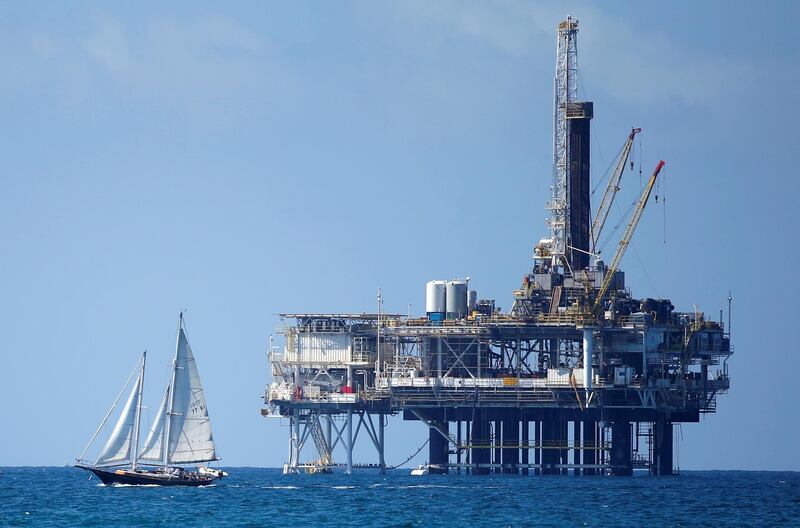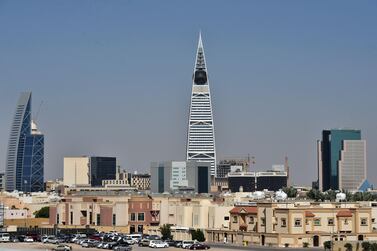Oil markets phased out gains from the pledge by Opec and its allies to deepen production cuts as the continued slowdown in demand for crude lowered prices.
Brent, the most-widely used benchmark for crude, was trading lower by 0.58 per cent at $63.88 per barrel, while West Texas Intermediate was up 0.59 per cent at $58.67 per barrel at 4.10pm UAE time.
Prices surged close to a 12-week high as Opec+, the alliance led by Saudi Arabia and Russia announced a deepening of cuts from the start of next year by an additional 500,000 barrels per day.
The alliance will restrict production by 2.1 million bpd from next month, with Saudi Arabia contributing to a significant 400,000 bpd of additional voluntary cuts to help rebalance the markets.
Prices retreated as concerns over slowing demand outweighed temporary bullishness in the markets.
A December 15 deadline for increased US tariffs on Chinese goods is approaching, with Washington and Beijing to continue negotiations for a 'phase one' trade deal that would end tensions and stabilise markets. The escalation has crimped the global economy's output for this year and next, forcing the International Monetary Fund and the World Bank to revise their growth projections.
Investment bank Goldman Sachs meanwhile raised its 2020 outlook for Brent to $63 per barrel from $60 per barrel previously, while maintaining a long-term anchor price of $55 per barrel.
West Texas Intermediate is forecast to reach $58.6 per barrel, with anchor price set at $50 per barrel.
Saudi Arabia, the world's largest exporter approved its 2020 budget on Monday, with its deficit expected to widen by $15 billion to $50bn next year or the equivalent of 6.4 per cent of gross domestic product. The kingdom has allowed for a more realistic oil price assumption to support its budget as the economy prepares for a more tepid price environment next year.








